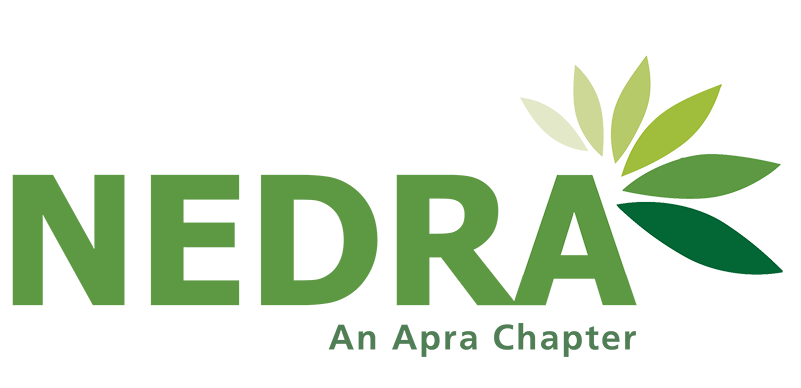DIVERSITY EQUITY & INCLUSION NEDRA recognizes that the strength of the prospect development community comes from the diversity of its members. Many of the institutions that employ our members have prioritized diversity, equity, and inclusion (DEI), and NEDRA intends to amplify and support those organizational priorities. Created in 2016, the Diversity, Equity, & Inclusion (DEI) Committee seeks to promote dialogue, understanding, and cultural competence throughout NEDRA's annual slate of programming, training, and education by embracing the values of belonging, justice, and accessibility. NEDRA believes that the priorities of our association and our members will evolve. To that end, our association is committed to an ongoing process of reflection in order to reaffirm and/or redirect our efforts in support of these priorities and our vision of an equitable philanthropic landscape. In service of this vision, NEDRA’s DEI’s Committee's 2024–2025 priorities include:
NEDRA's DEI Committee is part of a coalition of associations dedicated to enriching our industry nationwide, including APRA’s DEIBJA committee, AASP's DEI in Advancement Data Task Force, CASE’s Opportunity and Inclusion Center, ADRP’s Diversity, Equity, and Inclusion Committee, and AFP’s Inclusion, Diversity, Equity & Access initiative. Together, we work to align and amplify our efforts for the benefit of the greater Prospect Development community. NEDRA’s DEI current members include:
In order to promote a shared foundation of knowledge from which conversation, learning, and growing can occur, NEDRA’s DEI Committee has compiled a glossary of terms central to our work in this important space:
|
